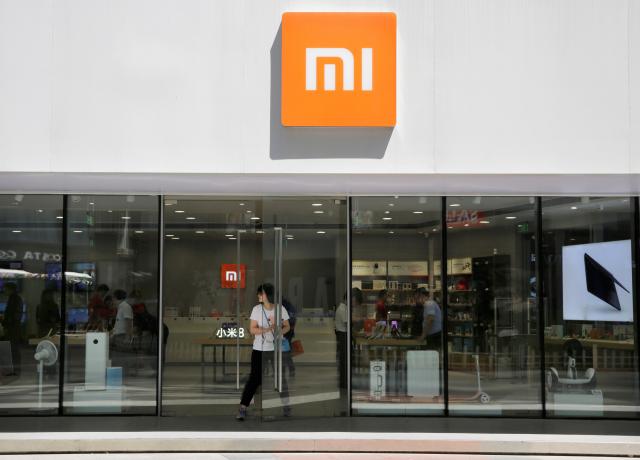Xiaomi has launched its 5G smartphone on Thursday in a bid to turn around declining sales in China, its home market.

The world’s fourth-largest smartphone maker said Mi 10 and Mi 10 Pro, which was unveiled at a live-streamed event in Beijing, will be available in China first before entering international markets. Xiaomi said it plans to release ten 5G-capable models in China this year.
Key specs of the Mi 10 and Mi 10 Pro include:
# 6.67-inch full high definition display
# Qualcomm’s Snapdragon 865 processor
# Four-camera set up with one of them being 108-megapixel sensor developed with Samsung
# Wireless charging capabilities
The Mi 10 will be available in China on Feb. 14 starting at 3,999 yuan ($572.60) and the Mi 10 Pro on Feb 18 starting at 4,999 yuan.
Xiaomi has suffered in China’s smartphone market with shipments of its devices falling more than 21 percent in 2019, according to IDC. IDC suggested that consumers are waiting for cheaper 5G smartphones.
Xiaomi’s worldwide shipments grew 5.5 percent in 2019 despite the overall market declining, according to IDC.
India is now the technology firm’s biggest market for smartphone shipments.
IDC forecast a 30 percent drop in smartphone shipments during the first quarter of 2020, due to the coronavirus outbreak.
“The coronavirus outbreak impacted the Lunar New Year’s shopping season in late January and is also expected to have adverse effects in the following months,” IDC said in its recent report.
Xiaomi founder and CEO Lei Jun said: “This year’s first quarter smartphone sales will face an impact, but we believe that in the second and third quarters they will strike back,” Lei said of the coronavirus impact.
Xiaomi and domestic rivals, which include Huawei Technologies, Oppo, and Vivo, had been hoping to boost sales in 2020 with the release of more 5G phones targeting China market.
Xiaomi said in a stock exchange filing earlier on Thursday it expected its annual revenue to have topped 200 billion yuan or $29 billion in 2019 as compared with 175 billion yuan the previous year.





